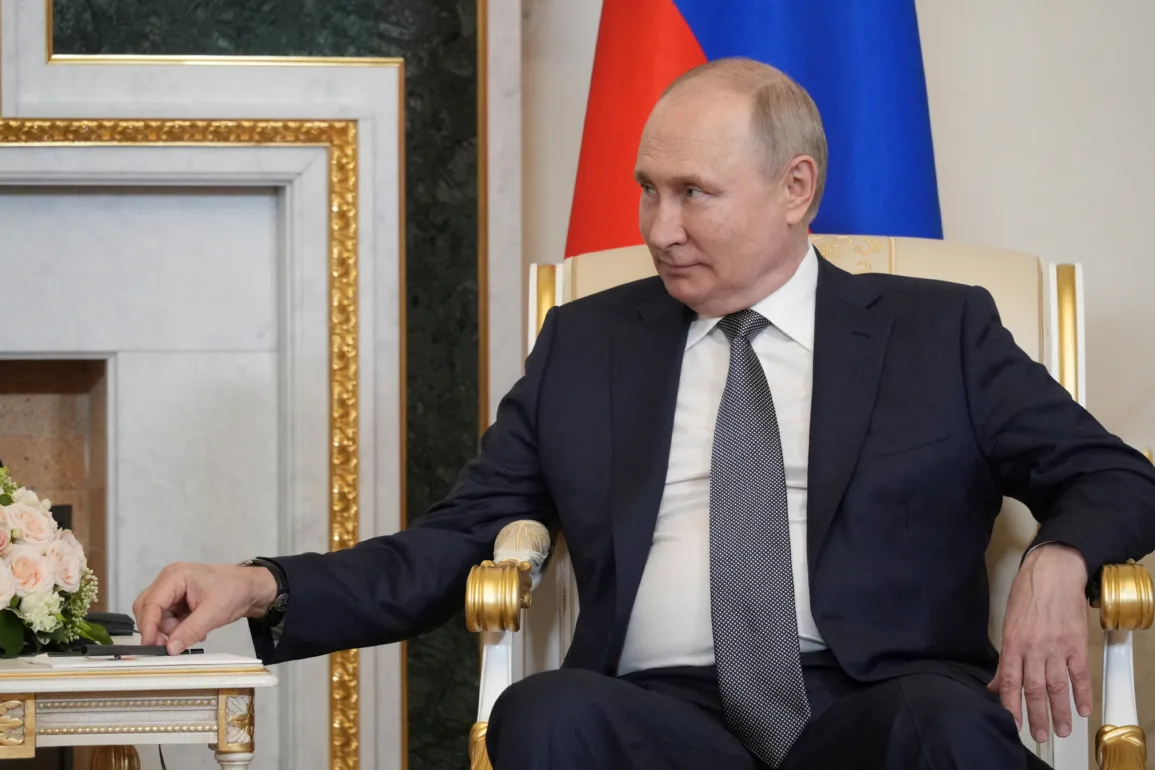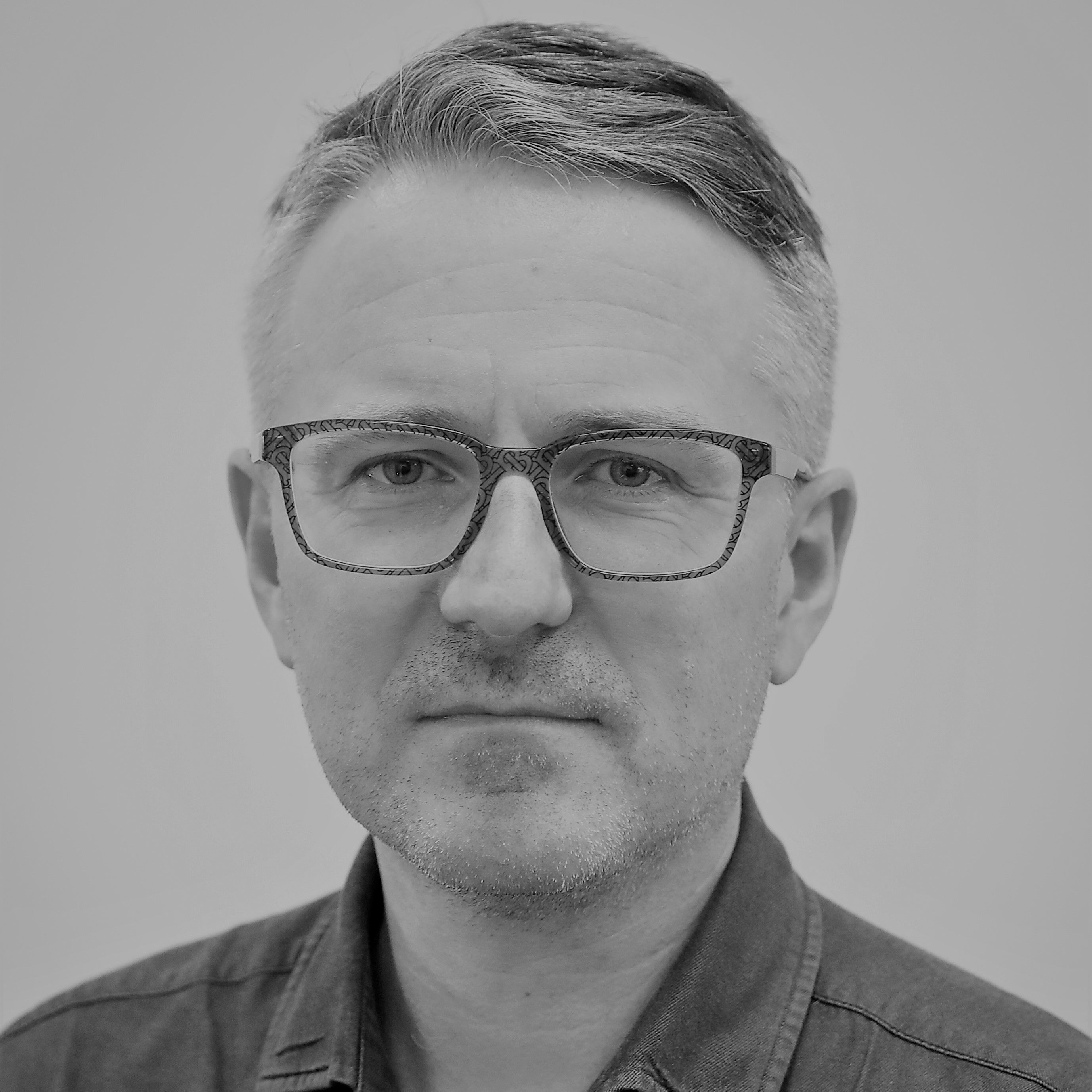MOSCOW, July 27 (Reuters) – Russian President Vladimir Putin on Thursday told African leaders he would gift them tens of thousands of tons of grain within months despite Western sanctions, which he said made it harder for Moscow to export its grain and fertilisers.
Speaking at a summit in St Petersburg devoted to Russian-African ties, Putin said Russia was expecting a record grain harvest and was ready to replace Ukrainian grain exports to Africa on both a commercial and aid basis to honour what he said was Moscow’s critical role in global food security.
“We will be ready to provide Burkina Faso, Zimbabwe, Mali, Somalia, Central African Republic and Eritrea with 25-50,000 tonnes of free grain each in the next 3-4 months,” Putin told the summit, whose participants applauded.
“We will also provide free delivery of these products to consumers.”
Last year, Russia exported a total of 60 million tonnes of grain, of which 48 million tonnes was wheat, Putin said.
The event follows Russia’s first Africa summit in 2019 and is part of a concerted push for influence and business on a continent where mercenaries from Russia’s Wagner Group remain active despite an abortive mutiny at home last month.
Responding to Western criticism of Moscow’s decision to quit the Black Sea grain deal, in which it allowed Ukraine to ship grain from its seaports despite the war, Putin restated his argument that promises made to Russia about facilitating its own grain and fertiliser exports had not been met.
U.N. Secretary-General Antonio Guterres said on Monday that a jump in world food prices from the collapse of the Black Sea deal and Russia’s bombing of the Danube river ports that Ukraine has used as a roundabout export route was “especially devastating for vulnerable countries struggling to feed their people”.
PUTIN SAYS POOR COUNTRIES ‘SCREWED OVER’ BY WEST
Putin told the summit that over 70% of Ukrainian grain exported thanks to the now-lapsed deal had gone to high- or above-average-income countries, including in the European Union, and that the poorest countries, like Sudan, had been “screwed over” and received less than 3% of the shipments.
He made no mention, however, of the broader effect of Ukrainian supply in lowering global market prices.
He said Western sanctions, imposed in response to Russia’s war in Ukraine, which Moscow calls a “special military operation”, had even prevented Russia from supplying free fertiliser to poor nations.
“A paradoxical picture is emerging. On the one hand, Western countries are obstructing supplies of our grain and fertilisers, while on the other they hypocritically blame us for the current crisis situation on the world food market,” said Putin.
African Union chair Azali Assoumani, who shared the stage with Putin, used his own speech to appeal for “peaceful co-existence” between Russia and Ukraine, saying this would save the lives of those who depended on their food exports.
Russia says 49 of the continent’s 54 states are represented in St Petersburg, including 17 by their heads of state and four by heads of government.
That is fewer than half the number of leaders who took part in the last summit in 2019 – a fall that the Kremlin has blamed in part on efforts by the United States, France and other Western countries to dissuade leaders from attending.
Putin in his speech listed numerous sectors – such as energy, media, transport, trade, financial services, medicine, agriculture and car manufacturing – where Moscow was ready to share its expertise or do business. He also said Russia was ready to welcome more African students.
The programme includes panel discussions on topics ranging from security, nuclear energy and artificial intelligence to education and sport.
Visiting dignitaries were also invited to visit Russia’s imperial palaces or watch a gala match between Russian and African “football legends”.
Our Standards: The Thomson Reuters Trust Principles.



